The perfect camping tent can transform an outdoor trip into an unforgettable adventure. From cozy weekend getaways to challenging backpacking expeditions, the right shelter provides comfort, protection, and peace of mind in the wilderness. This guide explores the key factors to consider when selecting a tent, including capacity, weather resistance, portability, and essential features. Armed with this knowledge, campers can confidently choose a tent that aligns with their specific needs and enhances their outdoor experiences.
1. Capacity Determination
The first step in choosing a tent is figuring out how many people it needs to accommodate. Count not just the humans, but also any furry companions joining the adventure. A solo camper might opt for a snug one-person tent, while a family of four requires a much larger shelter.
For car camping trips where weight isn't an issue, consider sizing up. A good rule of thumb is to double the stated capacity of a tent for optimal comfort. This means a "two-person" tent would be ideal for a solo camper, while a family of four might want to look at six-person models.
For Couples or Solo Campers
If you're camping alone or with a partner, a two-person tent usually works well. It gives you space to sleep and keep your gear inside.
For Families or Groups
When camping with family or friends, choose a tent that's bigger than your group size. For example, if four people are camping, look at five or six-person tents. This extra space makes it easier to move around and store your things.
For Car Camping
If you're driving to your campsite, you can bring a much bigger tent. A good rule is to double the size. So for four people, consider an eight-person tent. This gives you lots of room to spread out and feels almost like a home away from home.
2. Weather Considerations
When picking a tent, think about where and when you'll use it. Different places and seasons need different tent features.
Summer Camping
For summer trips, look for tents with good airflow. You want a tent that won't turn into a sauna on hot days. Light-colored tents can help keep things cooler inside.
Winter Adventures
If you camp in cold weather, you need a sturdy tent. It should stand up to snow and strong winds. Good insulation helps keep you warm on chilly nights.
Desert Camping
Deserts are hot in the day and cold at night. Pick a tent with removable parts. This lets you open it up for stargazing when it's clear, but close it quickly if a sandstorm hits.
Buggy Areas
In places with lots of mosquitoes, your tent is your safe space. Make sure it has fine mesh screens. These keep out even the smallest bugs while letting air flow through.
Key Features to Look For:
- Rain Protection: A good rainfly keeps you dry in storms.
- Strong Seams: Well-sealed seams stop water from leaking in.
- Tie-Downs: Extra ropes and stakes help your tent stay put in strong winds.
- Air Vents: Adjustable vents let you control airflow as the weather changes.
If you camp in many different places, you might need more than one tent. The right tent makes camping more fun in any weather.
3. Transport Mode and Tent Weight
Your travel method affects what kind of tent you need. Here's how to choose based on how you'll get to your campsite:
Backpacking
When you're carrying everything on your back, a heavy tent is a big problem. For backpacking, look for tents that weigh 2-4 pounds per person. These lightweight tents use thin but strong materials and simple designs. They also pack down small to fit in your backpack easily.
Canoeing or Kayaking
If you're traveling by water, how your tent packs is key. You need a tent that fits well in your boat. Look for tents with short pole sections that can squeeze into odd spaces. Make sure the tent comes in a waterproof bag to keep it dry.
Car Camping
Driving to your campsite? Tent weight doesn't matter much. You can choose a bigger, more comfortable tent. These tents often have room to stand up, separate sleeping areas, and big windows. They're made of stronger materials too, so they last longer.
4. Comfort and Space Management in Camping Tent Choice
When choosing a tent, think about the specific needs of your camping group. Comfort goes beyond just having enough space.
Accommodating Different Ages
Families with children of various ages have unique tent needs. Young kids might want to sleep close to parents, while teenagers crave privacy. Consider tents with room dividers or even separate tents for older children. This setup can make camping more enjoyable for everyone.
Addressing Claustrophobia Concerns
Some campers feel uneasy in enclosed spaces that is claustrophobia. If this is true for you or someone in your group, look for tents with features that create a sense of openness. Tall ceilings, large doors, and ample windows can make a big difference. These design elements help the tent feel more spacious and airy, even if it's not actually larger.
Tailoring to Personal Preferences
Think about how you'll use the tent. Do you like to change clothes standing up? Do you need space to play cards on rainy days? Maybe you want to bring a cot instead of sleeping on the ground. Choose a tent that matches how you like to camp. A little extra thought about these details can greatly improve your camping experience.
5. Quality and Durability
A good tent should keep you comfortable for many camping trips. Here's how to pick one that will stand up to years of use.
Quality Matters
Look for tents made by companies known for their outdoor gear. These tents often use better materials and are built to last. They usually keep you dry, stand up to wind, and are easy to set up. Fanttik outdoor tents offer a great balance of quality and affordability. They use durable materials and smart designs without the high price tag of some premium brands.
What Makes a Tent Strong
The parts of a tent matter. For example, tent poles can be made of aluminum or fiberglass. Aluminum poles are lighter and stronger, but cost more. Fiberglass poles are cheaper but can break more easily. Also, check the tent fabric. Thicker fabric usually lasts longer.
6. Key Features to Look for in a Tent
When choosing a tent, certain features can make your camping experience much better. Here's what to look for:
Fine Mesh Screens
Good tents have screens made of fine mesh. These keep out even the smallest bugs while letting air flow through. This means you can enjoy fresh air without getting bitten by mosquitoes.
Interior Pockets
Look for tents with pockets inside. These are great for storing small items like flashlights, phones, or books. They keep your tent organized and make it easy to find what you need in the dark.
Helpful Extras for New Campers
If you're new to camping, these features can make your trips more comfortable:
- Easy Setup: Some tents have color-coded poles or clips to make setup simpler.
- Vestibule: This is a covered area outside the main tent. It's great for storing dirty shoes or wet gear.
- Gear Loft: A small shelf or net hung from the ceiling. It gives you extra storage space off the floor.
- Rainfly: A separate waterproof cover for your tent. Make sure it covers the whole tent for the best protection from rain.
- Bathtub Floor: The floor material comes up the sides of the tent a few inches. This helps keep water out if the ground gets wet.
These features can make your camping trips more comfortable and enjoyable. Think about which ones matter most to you when choosing your tent.
Start Your Adventure with the Right Tent
You now have the key information to choose a great camping tent. Remember to consider your group size, camping style, and the weather you'll face. Look for quality materials and essential features like fine mesh screens and interior pockets. Don't forget about comfort extras that match your needs. Whether you're a solo backpacker or planning family car camping trips, there's a tent out there that's right for you. With this guide, you're ready to find a tent that will keep you comfortable and dry on many outdoor adventures. Happy camping!

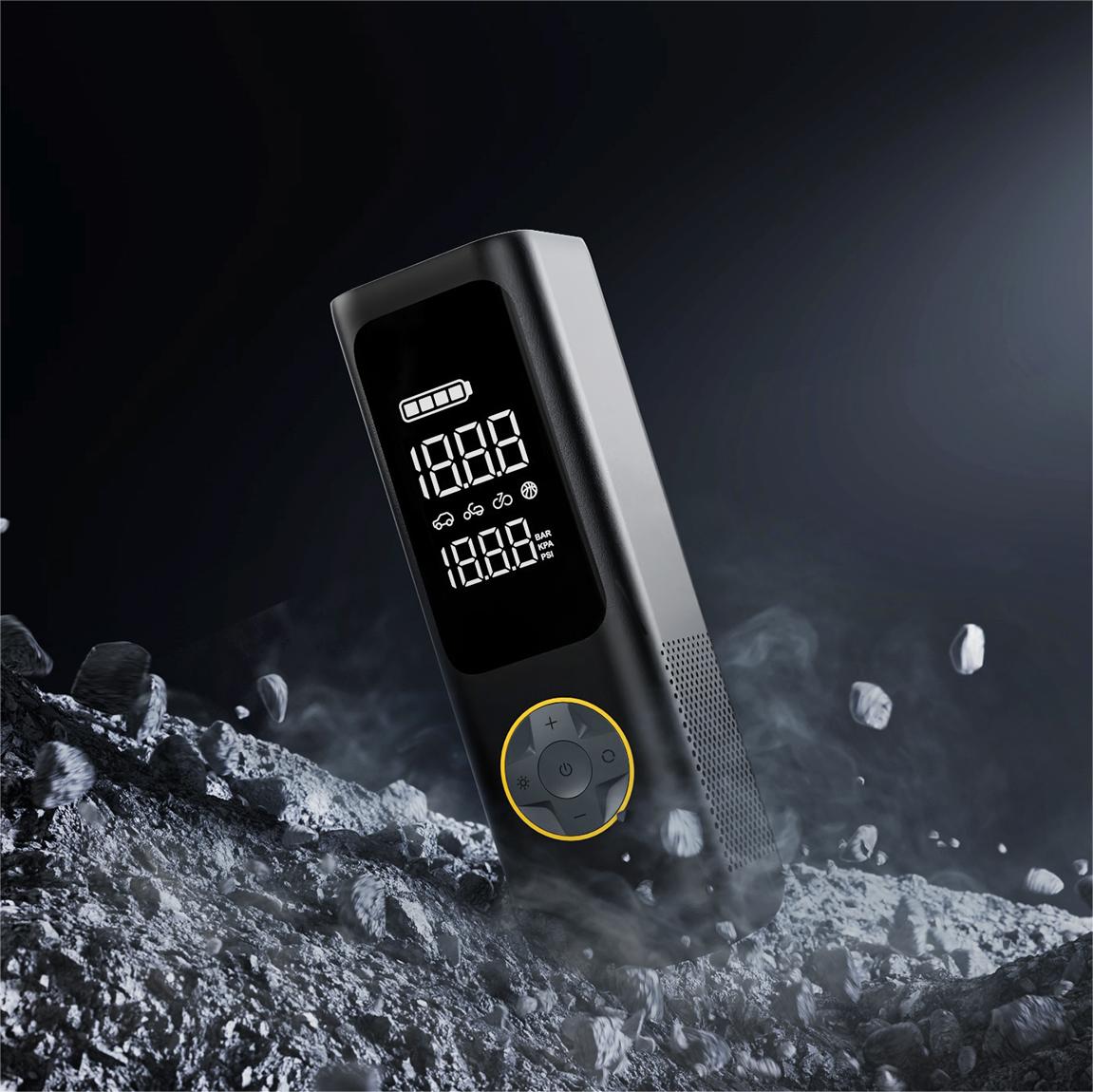
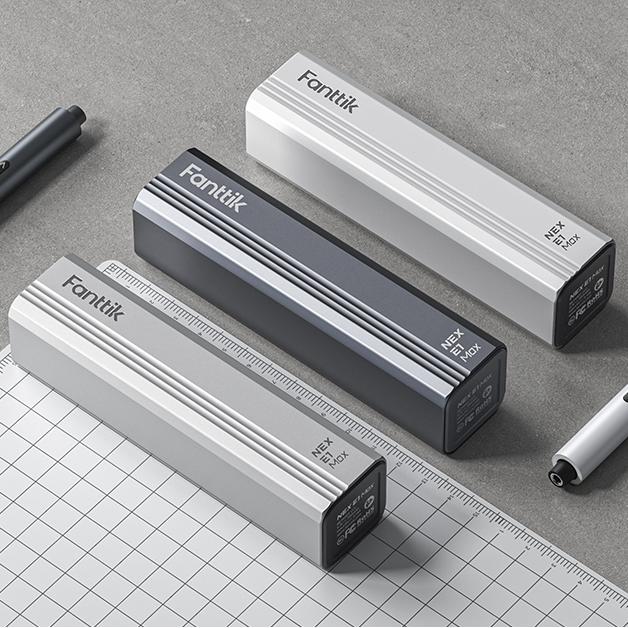
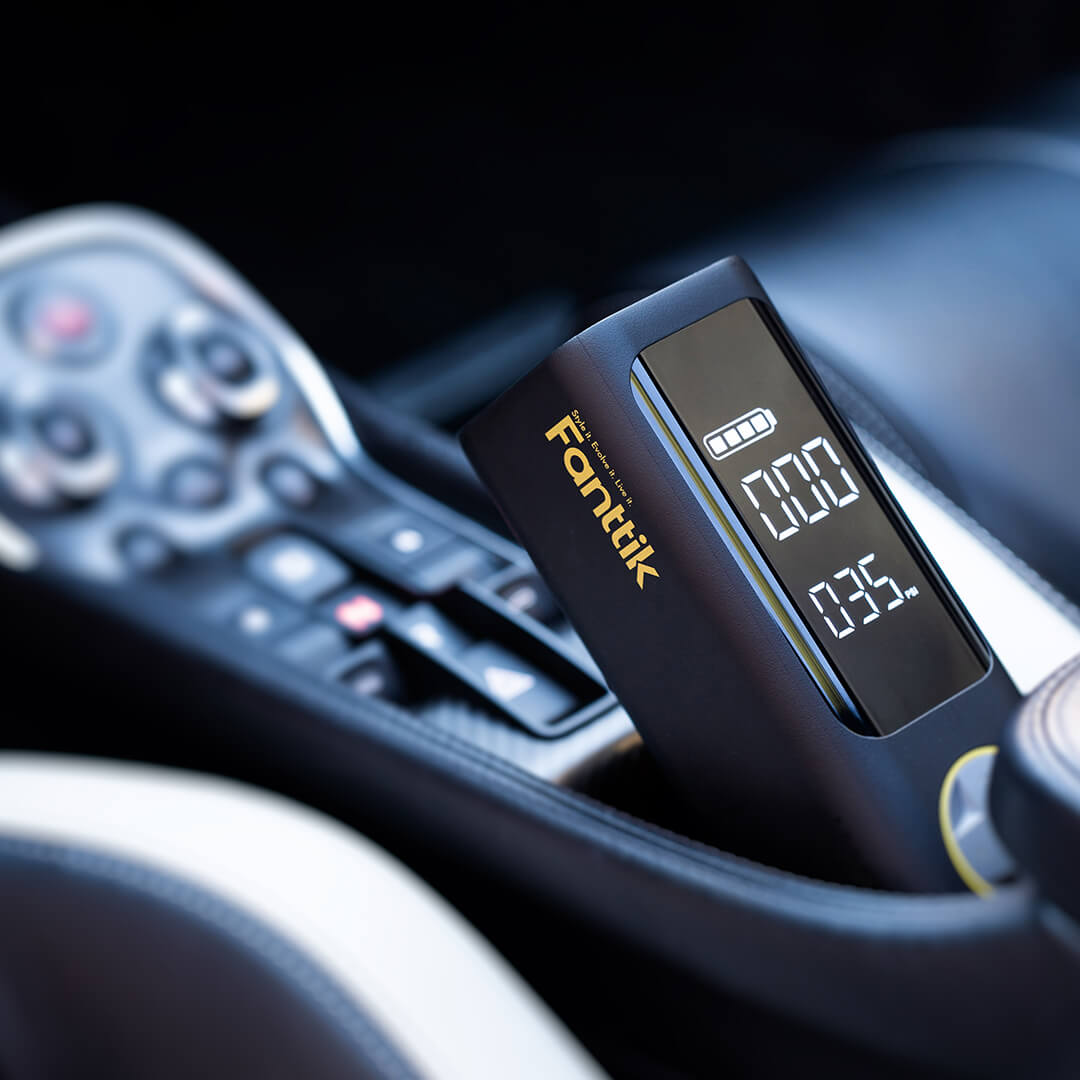
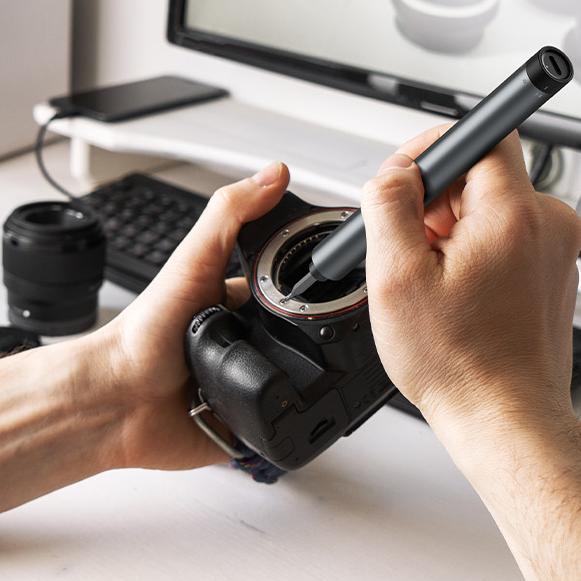
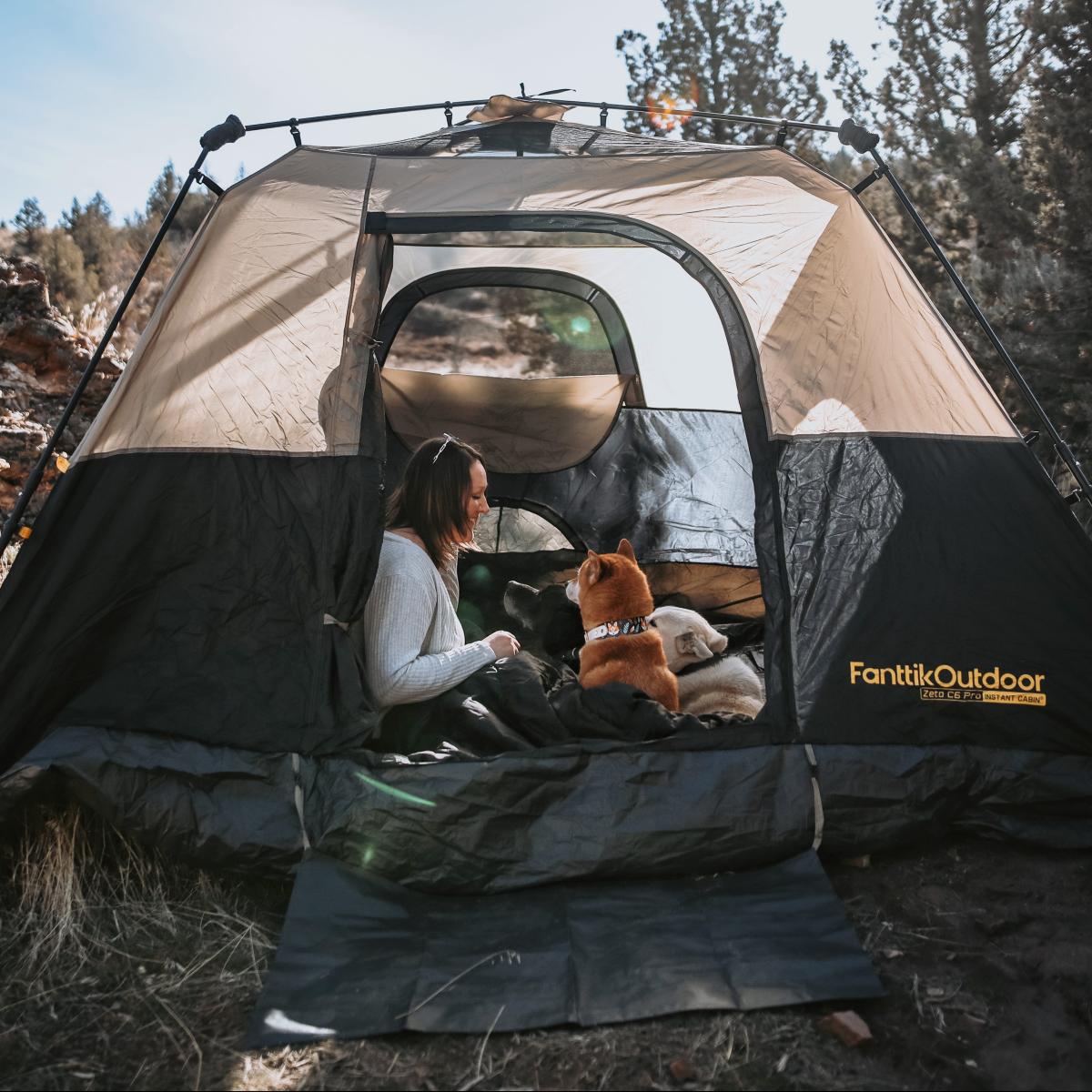
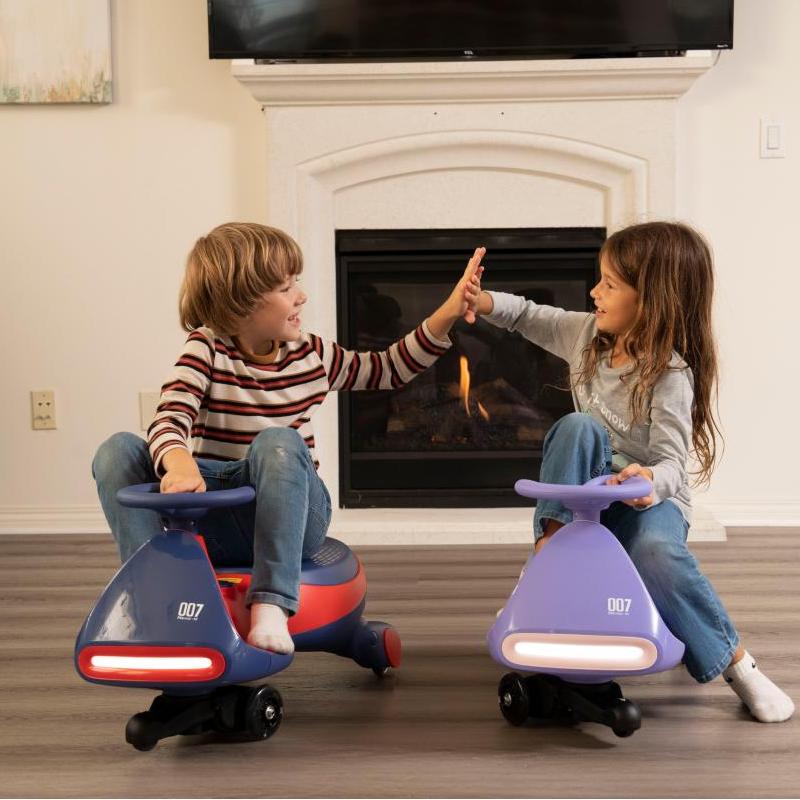

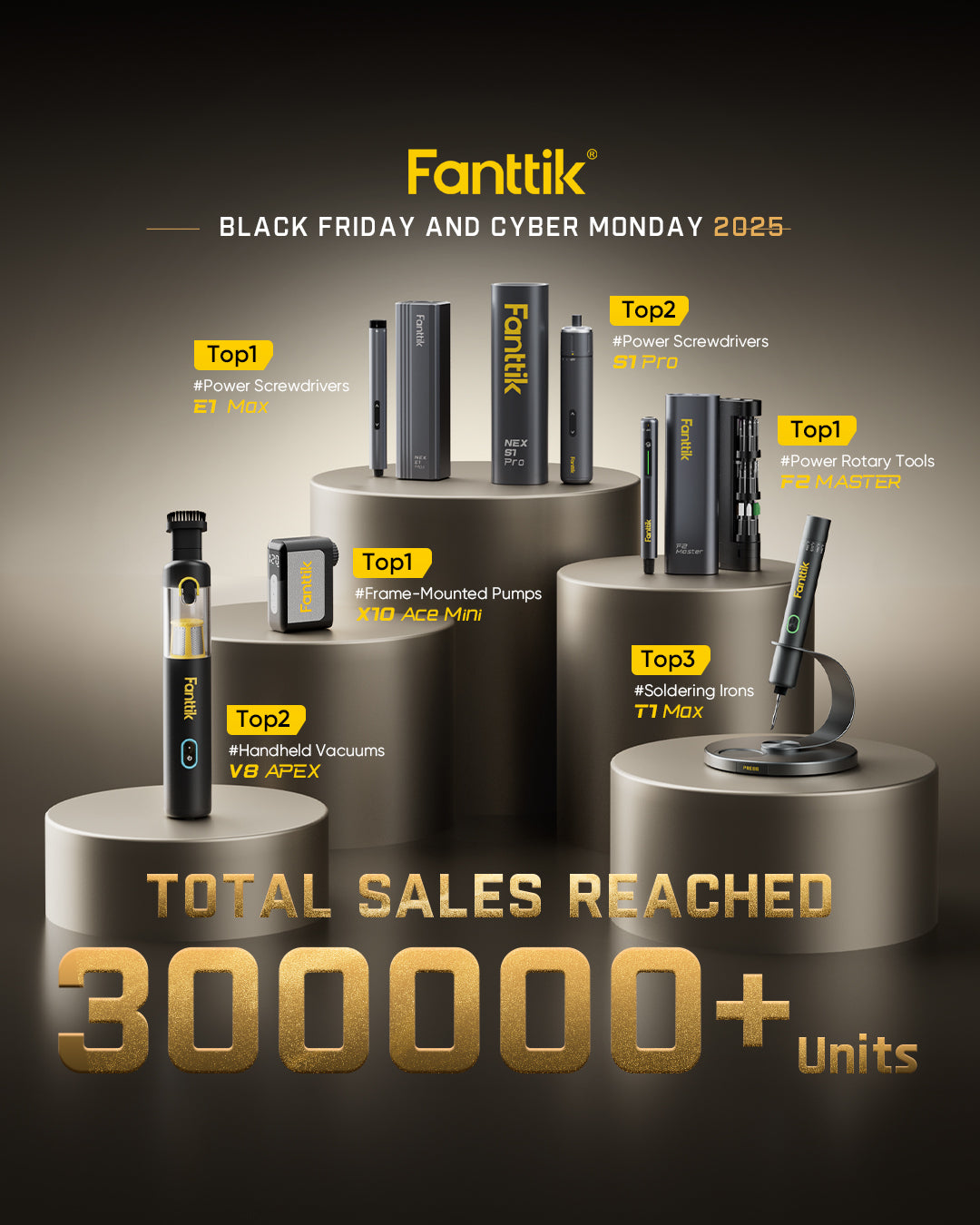

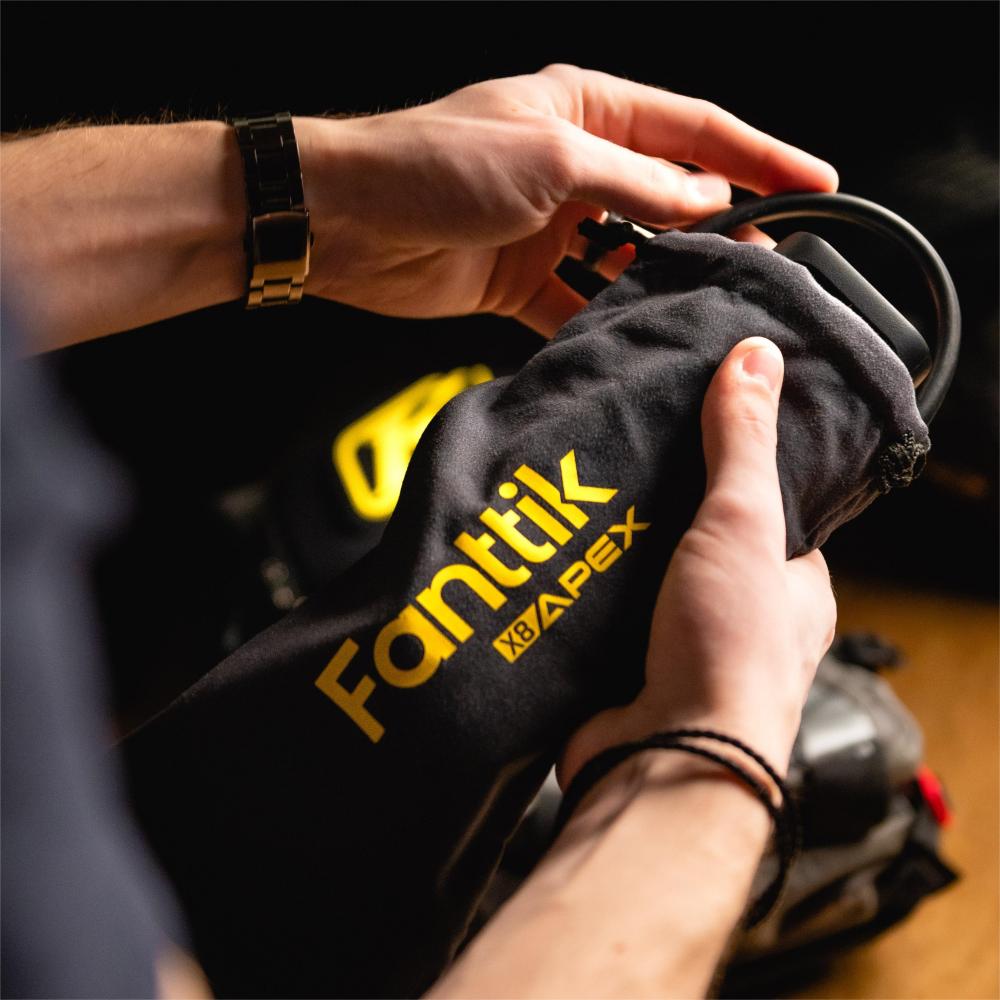
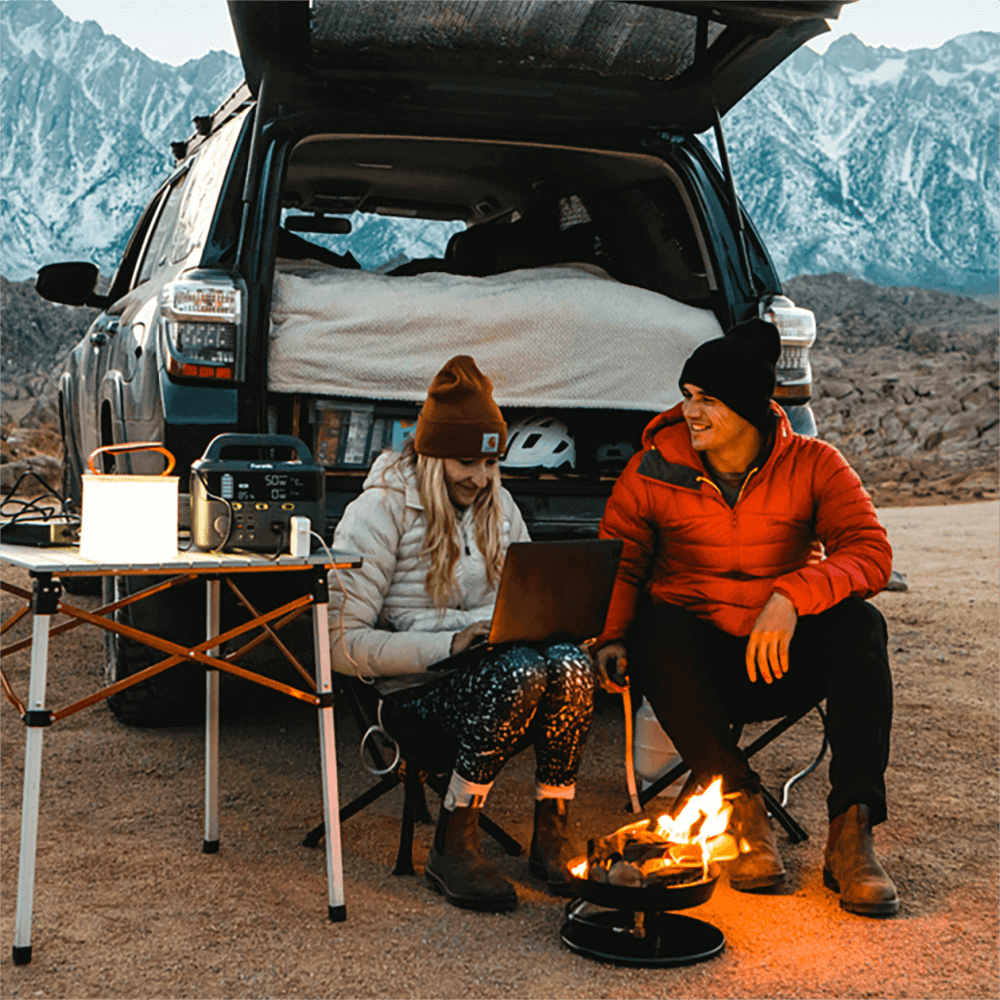
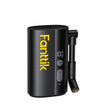
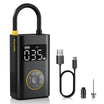
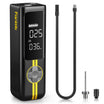
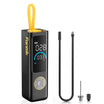
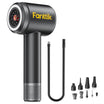
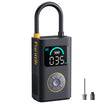
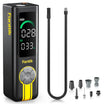
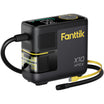
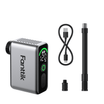
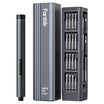
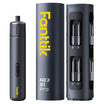
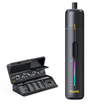
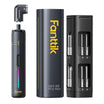
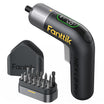
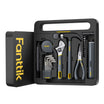
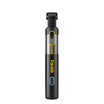
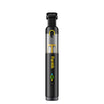
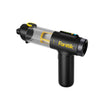
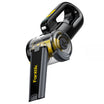
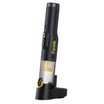
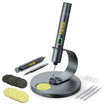
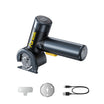
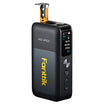
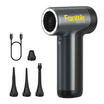

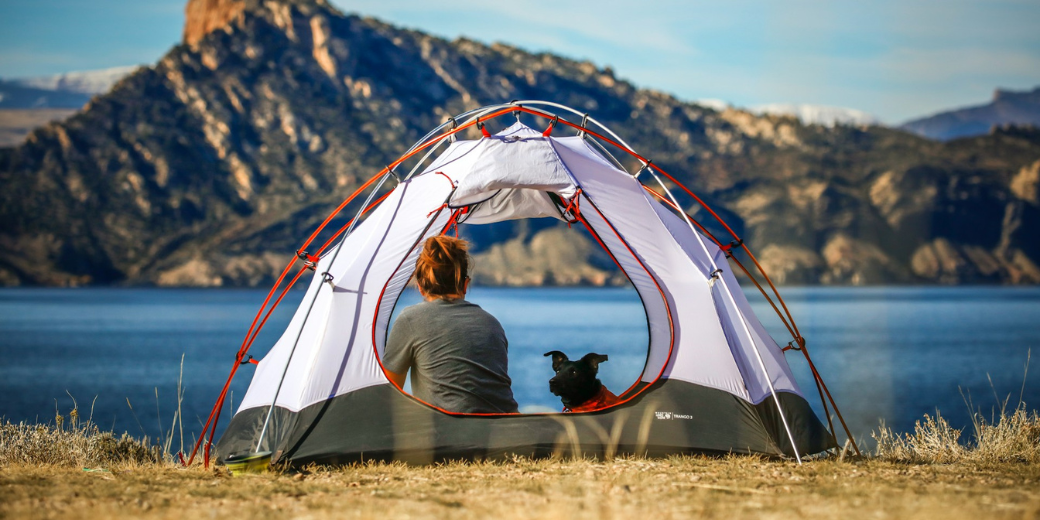
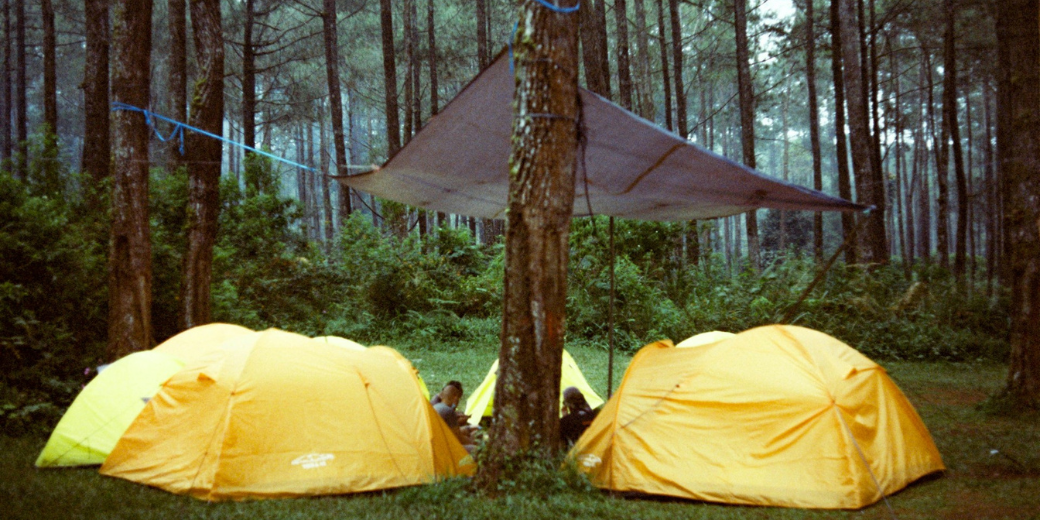
Leave a comment
This site is protected by hCaptcha and the hCaptcha Privacy Policy and Terms of Service apply.